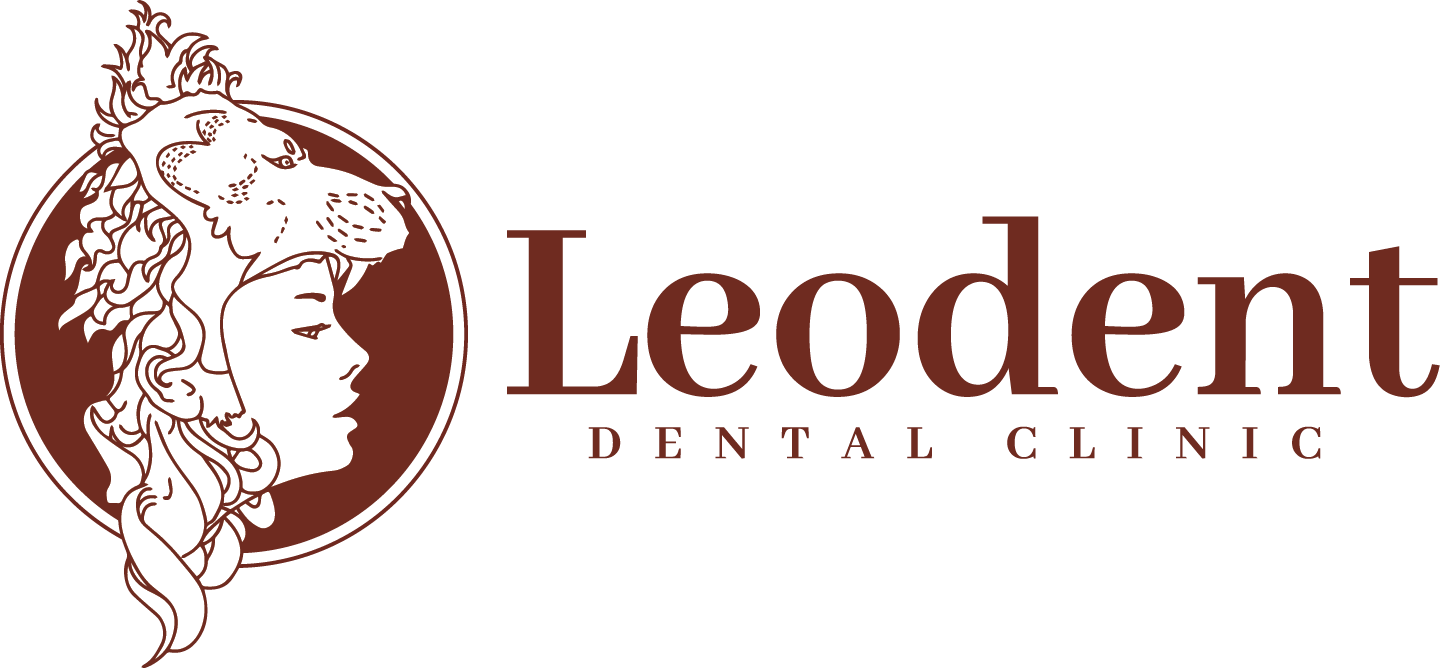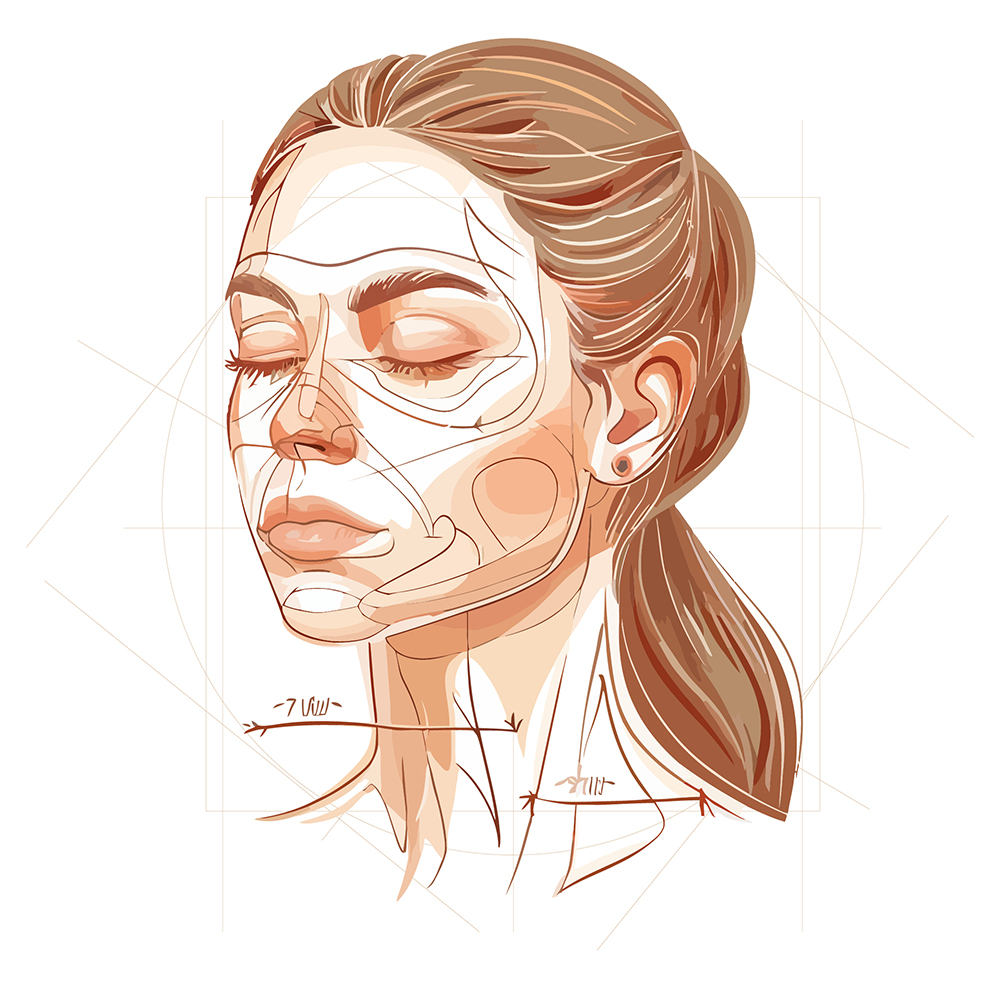A tooth cyst is a pathological cavity, usually fluid-filled, that forms in or around the tooth root. It usually occurs as a result of infection, trauma or developmental anomalies. Dental cysts usually grow slowly and do not initially cause symptoms.
Tooth cysts may not give symptoms at the beginning. However, as they grow, the following symptoms may be observed:
-
Swelling or tenderness in the gums
-
Toothache or jaw pain
-
Loosening or displacement of teeth
-
Thinning or deformation of the jawbone
-
Fistula formation or bad taste in the mouth
The causes of tooth cysts include the following:
-
Infection or necrosis of the dental pulp
-
Impacted teeth (especially wisdom teeth)
-
Damage to tooth roots as a result of trauma
-
Developmental abnormalities or genetic factors
Dental cysts are usually detected during routine dental x-rays. Imaging methods such as panoramic x-rays and cone beam computed tomography (CBCT) are used for definitive diagnosis. If necessary, the type of cyst can be determined by biopsy.
Treatment depends on the size, location, and type of cyst. Common treatment methods are:
-
Curettage: Surgical removal of the cyst
-
Apical resection: Removal of the root tip of the cystic tooth and the cyst together
-
Marsupialisation: Opening the cyst into the mouth to shrink large cysts
-
Tooth extraction: Tooth with cyst may need to be extracted
Untreated dental cysts can grow over time and cause damage to the jawbone, tooth loss, infections and rarely tumour development from the cyst. Therefore, early diagnosis and treatment is important.
There is usually mild pain, swelling and discomfort after the operation. These symptoms subside within a few days. Complete recovery depends on the size and location of the cyst, but usually takes several weeks.
Since local anaesthesia is applied during the operation, no pain is felt. There may be mild to moderate pain after the operation, but this can be controlled with prescribed painkillers.
Cysts that are not completely removed or treated may recur. Therefore, regular check-ups and additional treatments when necessary are important.
-
Keeping the surgical site clean
-
Regular use of medicines recommended by the doctor
-
Avoiding hot and hard food
-
Refraining from smoking and alcohol consumption
-
Not neglecting regular check-ups


